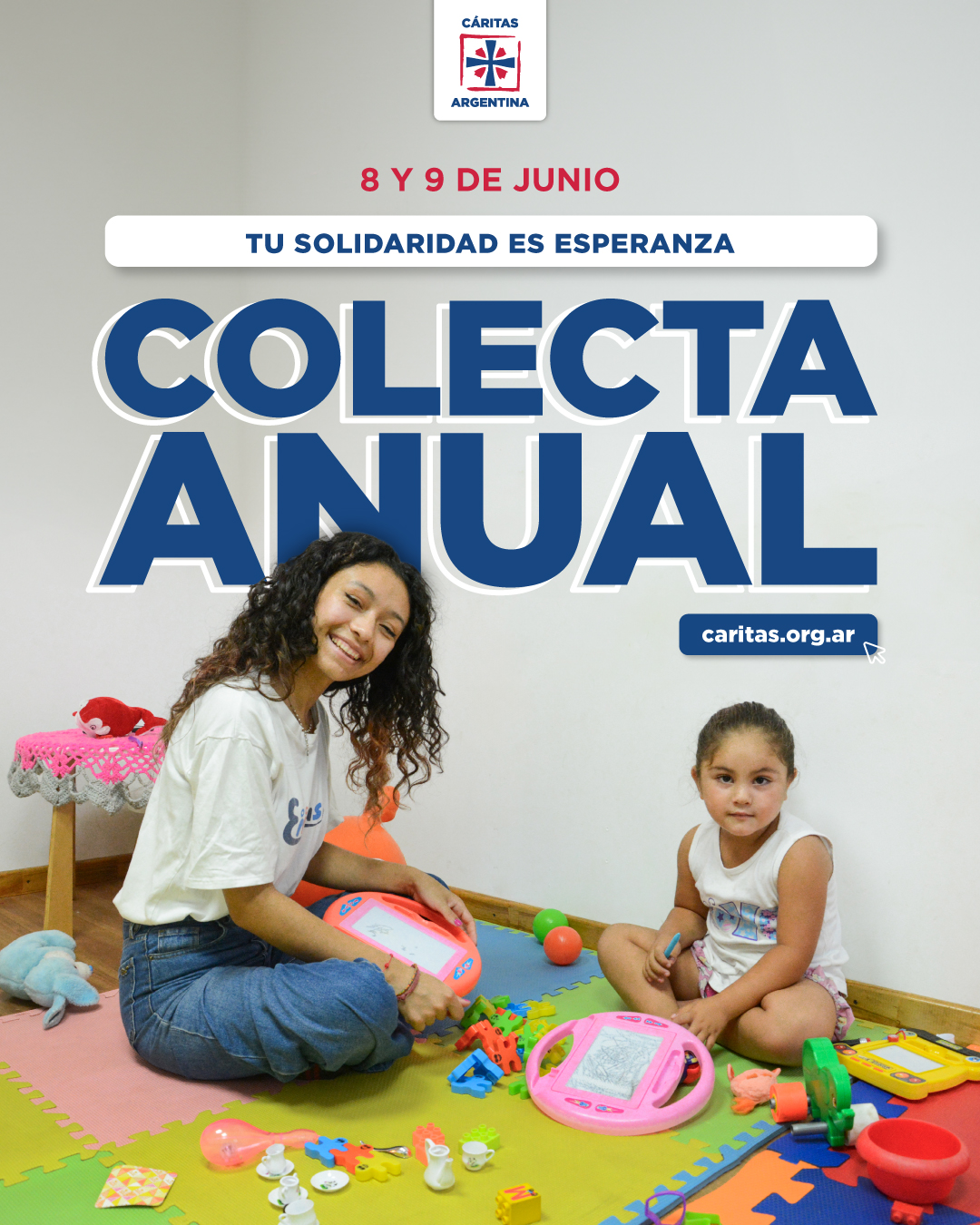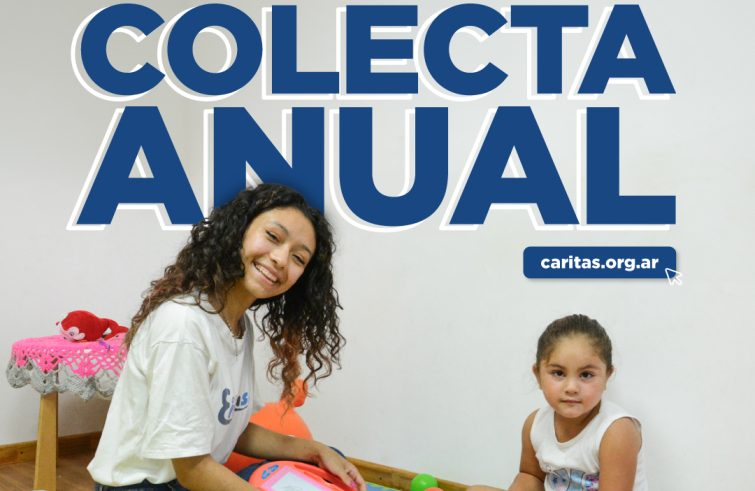
An alarming snapshot of Argentina’s social situation shows that one in four people face total food insecurity, meaning they have to skip at least one meal a day because they cannot afford it. Among children and adolescents, this figure rises to 32%. Ten percent of Argentina’s population (out of an overall population of 46.3 million) is severely food insecure. Poverty affected 50% of the population in the first three months of the year, while extreme poverty affected 18%. In addition, 32 % of those in formal employment fall into the category of ‘working poor’, a figure that rises to 50 and 60 % for those in informal employment. The figures are contained in a report published by Caritas Argentina and the Social Debt Observatory of the Catholic University of Argentina (ODSA-UCA) entitled “Poverty in Argentina: social reality and solidarity that is hope.” The report, presented in Buenos Aires on 3 June, precedes the annual Caritas Collect, which will take place on Saturday 8 and Sunday 9 June, under the theme “Your solidarity is hope”. The country’s social challenges, high inflation, growing poverty, drugs and crime affect the entire population. Many Argentines are emigrating abroad, especially to Italy, because of the dual citizenship of many descendants of migrants. In the homeland of Pope Francis, the people are literally starving.
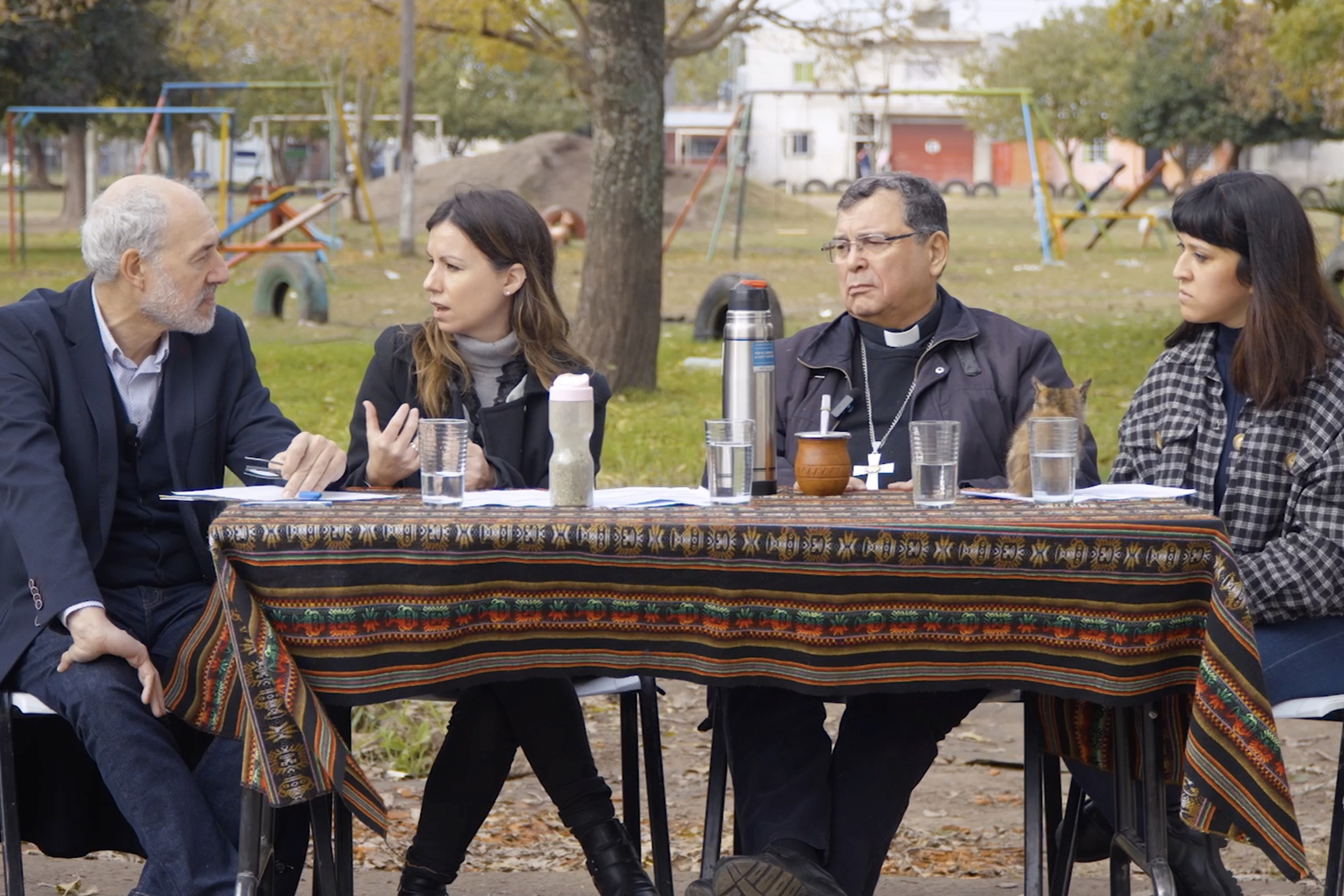 Caritas runs 3,500 centres nationwide. In addition to providing warm meals and food, it offers counselling services, social and educational assistance, including literacy courses and scholarships for university students. At least half a million people received food aid. Pregnant mothers and children under the age of 6 – a crucial stage in life – receive special attention, with a dedicated programme benefiting over 2,000 households.
Caritas runs 3,500 centres nationwide. In addition to providing warm meals and food, it offers counselling services, social and educational assistance, including literacy courses and scholarships for university students. At least half a million people received food aid. Pregnant mothers and children under the age of 6 – a crucial stage in life – receive special attention, with a dedicated programme benefiting over 2,000 households.
Fifty percent of all children eat in school and community canteens. In addition, Caritas and other organisations offer compensatory nutrition programmes that provide 50% of all minors with a meal in school and community canteens. The Argentine government has established food subsidies for children, benefiting 42.6% of all minors, as well as ‘food packages’, which reach the homes of 37% of all children. This intervention should be extended further, both by the public and private sectors. The recent increases announced by the government for June are helping to alleviate the ongoing crisis,” commented Eduardo Donza, researcher and data development coordinator, Labour and Inequality expert at the Argentine UCA Social Debt Observatory.
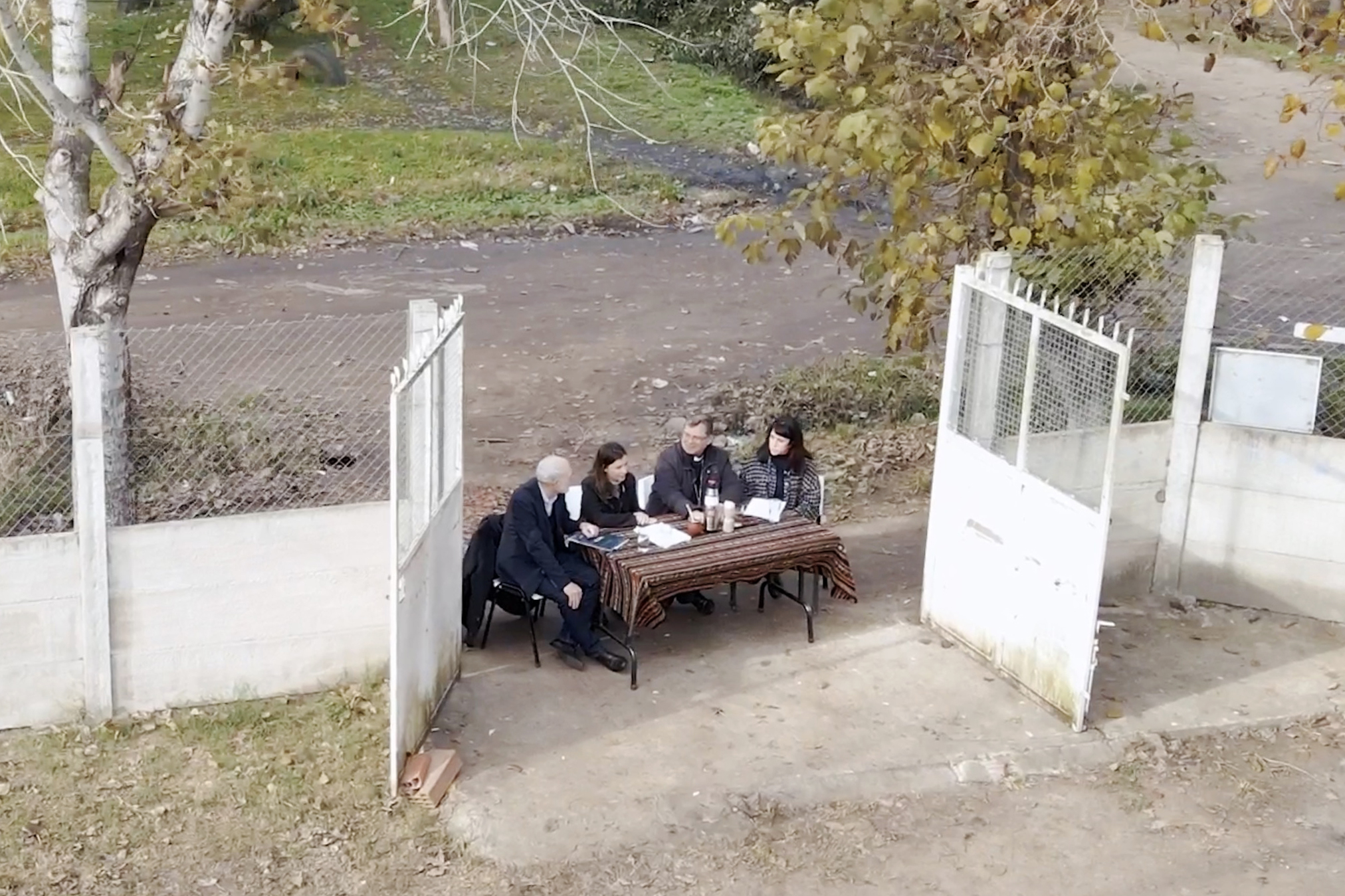 Early school leavers. The pandemic has left behind a serious education problem, with many children and adolescents dropping out of school. One in four children between the ages of three and five is not in formal education, and 6.2% of secondary school students (aged 13 to 17) have dropped out.
Early school leavers. The pandemic has left behind a serious education problem, with many children and adolescents dropping out of school. One in four children between the ages of three and five is not in formal education, and 6.2% of secondary school students (aged 13 to 17) have dropped out.
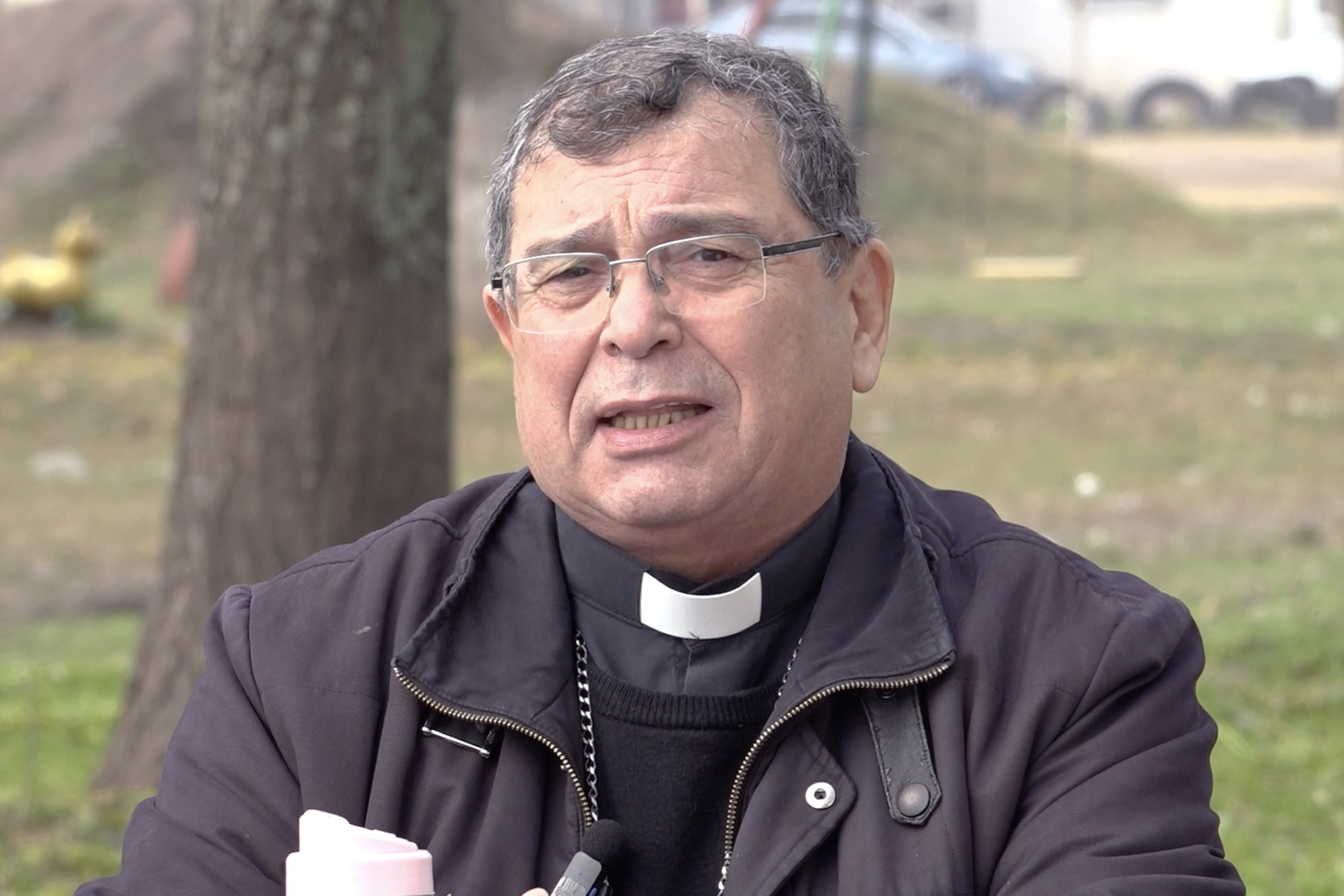 “We are witnessing a grave situation,” said Monsignor Tissera. “Caritas is not only providing food aid, which remains a major concern. In fact, Caritas wants to show that we are people, not objects. The poor are human beings, each one with their own human dignity,” said Monsignor Carlos Tissera, Bishop of Quilmes and President of Caritas Argentina: “Our extensive and close social presence gives us the opportunity to listen first-hand to these serious situations that affect people of all ages and from all regions.”
“We are witnessing a grave situation,” said Monsignor Tissera. “Caritas is not only providing food aid, which remains a major concern. In fact, Caritas wants to show that we are people, not objects. The poor are human beings, each one with their own human dignity,” said Monsignor Carlos Tissera, Bishop of Quilmes and President of Caritas Argentina: “Our extensive and close social presence gives us the opportunity to listen first-hand to these serious situations that affect people of all ages and from all regions.”
Caritas is present especially in the poorest neighbourhoods where it runs special programmes in the areas of education, employment, early childhood development, integration of working class neighbourhoods, risk and emergency management, and food aid. More than 1000 cooperatives, production and enterprise entities have been set up throughout the country. One of the most pressing problems is addiction, especially drug addiction. “It is in this regard”, explains Sofía Zadara, the Executive Director of Caritas Argentina, “we rely on the Houses of Christ, promoted by the then Cardinal Bergoglio.” “We are present in 250 community centres throughout the country, where we offer comprehensive assistance through the Community Accompaniment Home programme.
Karen Burgos, a social worker, shared her experience with assisting children in the Itatì network of Community Centres in Quilmes, a city in the province of Buenos Aires. In the working-class neighbourhoods of Quilmes, some 350 children and 200 adolescents are receiving daily support. “We want to shed some light on the situation of children and adolescents. Some families are involved in drug trafficking because they have no money”, a phenomenon that is on the increase: “It happens all the time. It is a new, huge challenge for us.”

